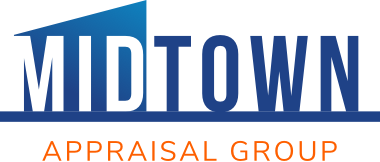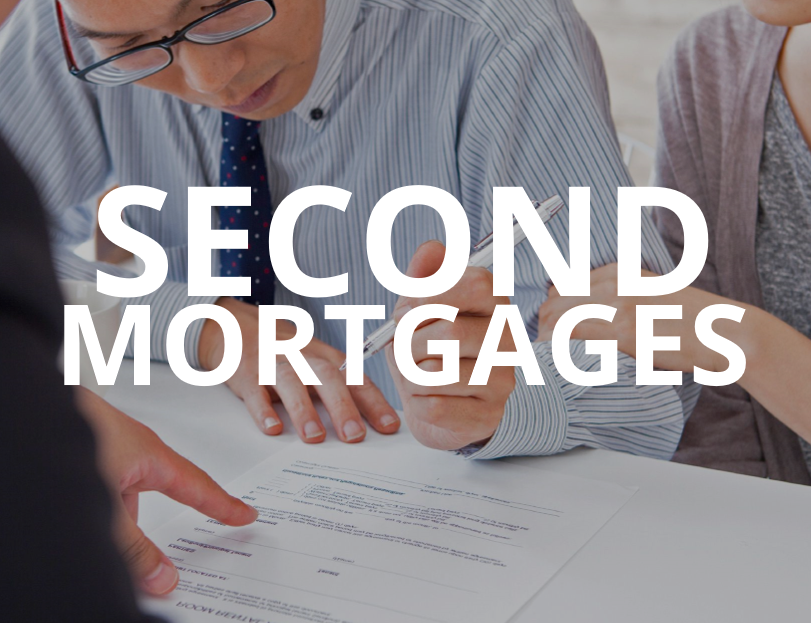Second mortgages can be useful – but it’s important to know what you’re getting into
As appraisers, it’s not unusual for us to be asked to provide a valuation for a property when a second mortgage is being considered. Because second mortgages are, as their name suggests, ‘second in line’ to be repaid after the first mortgage, the amount of equity in the property is even more crucial than for a first mortgage. Lenders want to be assured that in the event of a default or foreclosure, there will be sufficient equity to cover both the first and second mortgages.
We’re not mortgage brokers or bankers, of course. But we’re often asked about second mortgages by homeowners when we’re on-site to do our evaluations. Here are the answers to the questions we get most often:
How do second mortgages work, exactly?
Most homeowners have a mortgage on their property: An amount they’ve borrowed from the bank or other lender, which is secured by the equity in the property, and which they pay back in regular installments over time. Second mortgages are exactly the same, except that the second mortgage lender is in second place on title. That means that in the event of a default or foreclosure, the lender who provided the first mortgage is paid back first, and the lender who provided the second mortgage is paid back only after the first mortgage lender has been paid in full. (We have seen, from time to time, third and fourth mortgages, which work the same way – though generally speaking they’re considered risky.)
Are second mortgages expensive?
Interest rates on second mortgages tend to be higher than interest rates on first mortgages, because they’re riskier for lenders.
In the hot markets of southern Ontario, where property values are rising steadily, the second mortgage holder can feel pretty confident: If a homeowner defaults two years into the mortgage, chances are that the equity in the home has grown so much that it covers both the first and second mortgage balances.
However, in regions where property values aren’t increasing, or other parts of the economy are weaker, interest rates for second mortgages may be substantially higher to account for the increased risk.
I had an appraisal for my first mortgage. Why do I need another one now?
In most cases, the new appraisal for the second mortgage is required simply because it’s been a few years since that previous appraisal, and the lender needs to confirm that the property has maintained or risen in value. (And of course, if you’ve completed significant renovations during that time, a new appraisal is a good way to document that increased value.)
It may also be that the second mortgage lender has different documentation requirements than the first mortgage lender, and needs an appraisal that meets these specific requirements.
Are second mortgages a good idea?
Again, we’re not mortgage brokers or financial advisors, and if you’re considering a second mortgage you should speak to professionals who are qualified to give you individualized advice.
Generally speaking, however, second mortgages are like other financial instruments: They can be very useful in specific situations: To consolidate debts with higher interest rates (such as credit cards); to pay for extensive home renovations (if re-financing your first mortgage proves problematic or a line of credit is unsuitable); to exceed maximum mortgage percentages for first mortgages (though this is quite risky except in very hot real estate markets). Some people will also use second mortgages to get through a relatively short-term crisis such as a major medical emergency.
Bottom line: Talk to more than one expert first.
Here’s the thing: Appraisers are not mortgage experts. If you find yourself asking the appraiser valuing your house questions about your second mortgage, you probably need more information from an expert. And while mortgage brokers sometimes get a bad rap, there are plenty out there who are knowledgeable, ethical, and can walk you through the process. You should never sign anything for a second mortgage until you feel entirely informed and comfortable.


